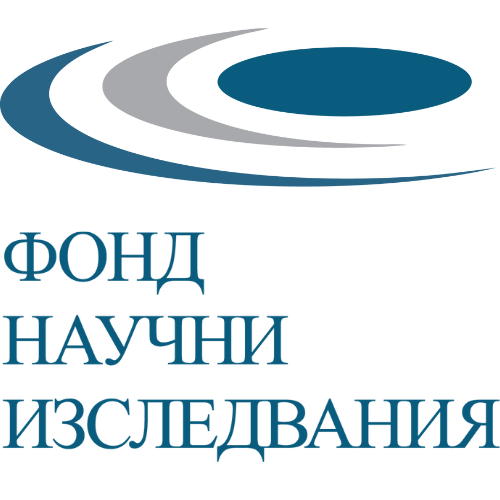Publication Ethics and Malpractice Statement
In its editorial policy Trakia Journal of Sciences upholds international standards on Publication Ethics. For us, as editorial board, it is extremely important to follow the generally accepted principles, standards and best practices for ethical behavior in publishing activity set out in the guidelines of the Committee on Publication Ethics (COPE): http://publicationethics.org/resources/guidelines
The Code of Ethics applies to all participants in the publishing process: editors, authors and reviewers.
Authors’ responsibilities
- The work should not have been published elsewhere or submitted to any other journal(s) at the same time
- The author should guarantee that the works he or she has submitted are original. If the author has used work by others, appropriate citations are required. Plagiarism in all its forms constitutes unethical and is unacceptable
- To maintain accurate records of data associated with their submitted manuscript, and to supply or provide access to these data, on reasonable request. Where appropriate and where allowed by employer, funding body and others who might have an interest, to deposit data in a suitable repository or storage location, for sharing and further use by others.
- Only those who have made any substantial contribution to the interpretation or composition of the submitted work, should be listed as ‘Authors’. While other contributors should be mentioned as ‘co-authors’.
- To notify promptly the journal editor or publisher if a significant error in their publication is identified. To cooperate with the editor and publisher to publish an erratum, addendum, corrigendum notice, or to retract the paper, where this is deemed necessary.
- Authors should ensure that any studies involving human or animal subjects conform to national, local and institutional laws and requirements (e.g. WMA Declaration of Helsinki, NIH Policy on Use of laboratory Animals, EU Directive on Use of Animals) and confirm that approval has been sought and obtained where appropriate. Authors should obtain express permission from human subjects and respect their privacy.
Editors’ responsibilities
- The editors should ensure that submitted manuscripts are processed in a confidential manner, and that no content of the manuscripts will be disclosed to anyone other than the corresponding author, reviewers, and the publisher, as appropriate.
- To act in a balanced, objective and fair way while carrying out their expected duties, without discrimination on grounds of gender, sexual orientation, religious or political beliefs, ethnic or geographical origin of the authors.
- If filed complaints with ethical presented on a manuscript or published article, co-editor with the publisher should contact the author of the manuscript, giving due consideration to the complaint. If the appeal is upheld, may be published corrections to download material or to send a signal to the relevant institutions. Each act of unethical behavior should be considered, even if it is established after years.
- The editor has the right to make the final decision on whether to accept or reject a manuscript with reference to the significance, originality, and clarity of the manuscript and its relevance to the journal.
Reviewers’ responsibilities
- Providing a detailed, constructive, and unbiased evaluation in a timely manner on the scientific content of the work.
- The reviewer should treat the manuscript in a confidential manner. The manuscripts should not be disclosed to or discussed with others except as authorized by the editor.
- To be aware of any potential conflicts of interest (financial, institutional, collaborative or other relationships between the reviewer and author) and to alert the editor to these, if necessary withdrawing their services for that manuscript.
- The reviewer should approach the peer-review job objectively. Personal criticism of the author is unacceptable.
Misconduct and Consequences
Trakia Journal of Sciences has a zero-tolerance policy towards any forms of scientific misconduct, including:
- Plagiarism
- Data falsification
- Self-plagiarism
- False declaration of conflicts of interest
In the case of a proven violation of ethical standards, serious consequences may be taken, including, but not limited to:
- Rejection of the manuscript or retraction of an already published article.
- Reporting the violation to the relevant institutions and scientific organizations.
- Prohibition of submitting future articles for publication in the journal. The details about the listed cases are given by COPE guidelines (https://publicationethics.org/oversight).
Complaints and Disputes Process
In the event of disputes or complaints regarding ethics, the journal provides a clear and transparent process for conflict resolution. All complaints must be submitted in writing to the editorial team, who will review them and take necessary actions according to the journal's ethical policies.


